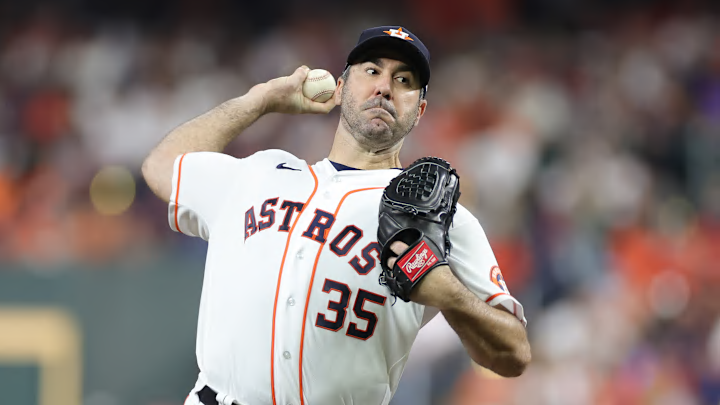Reason 4: The Price of Top Prospects
The acquisition of Verlander also involves the loss of two key prospects. Outfielder Drew Gilbert, ranked as the No. 68 prospect by MLB and selected as the 28th overall pick in the first round in 2022, had been performing admirably between high Class A and Double-A affiliate Corpus Christi Hooks, batting .274 with 12 home runs and a .821 OPS. Gilbert, who was expected to receive an invitation to Astros' 2024 Spring Training, was also chosen to represent the Astros at the 2023 All-Star Futures Game. His departure to the Mets deprives the Astros of a promising outfield prospect. Another loss in the Verlander deal is Ryan Clifford. The No. 2 prospect via MLB is batting .271 with a .903 OPS in high A Ashville.
With the loss of young talent, Houston may have inadvertently created a void in future lineups. The loss of such promising players could hinder the Astros' long-term team development, a situation made even more critical considering the age and potential health issues of their newly acquired veteran star. Additionally, this also underscores the importance of re-signing Tucker, especially given the void left by former outfielder George Springer.
A Multi-Faceted Issue
To sum it up, Verlander's return to the Astros brings a wealth of experience and re-fills the void in the depleted rotation. However, this isn't devoid of potential long-term complications. The combined factors of Verlander's age, his injury history, inconsistent postseason performances, potential implications of his contract, and the loss of two high-potential prospects provide some unanswered questions for the defending champs.
One thing is clear: It's now or never. If Houston fails to secure back-to-back titles, it'll be a huge blow to the team and their future.
